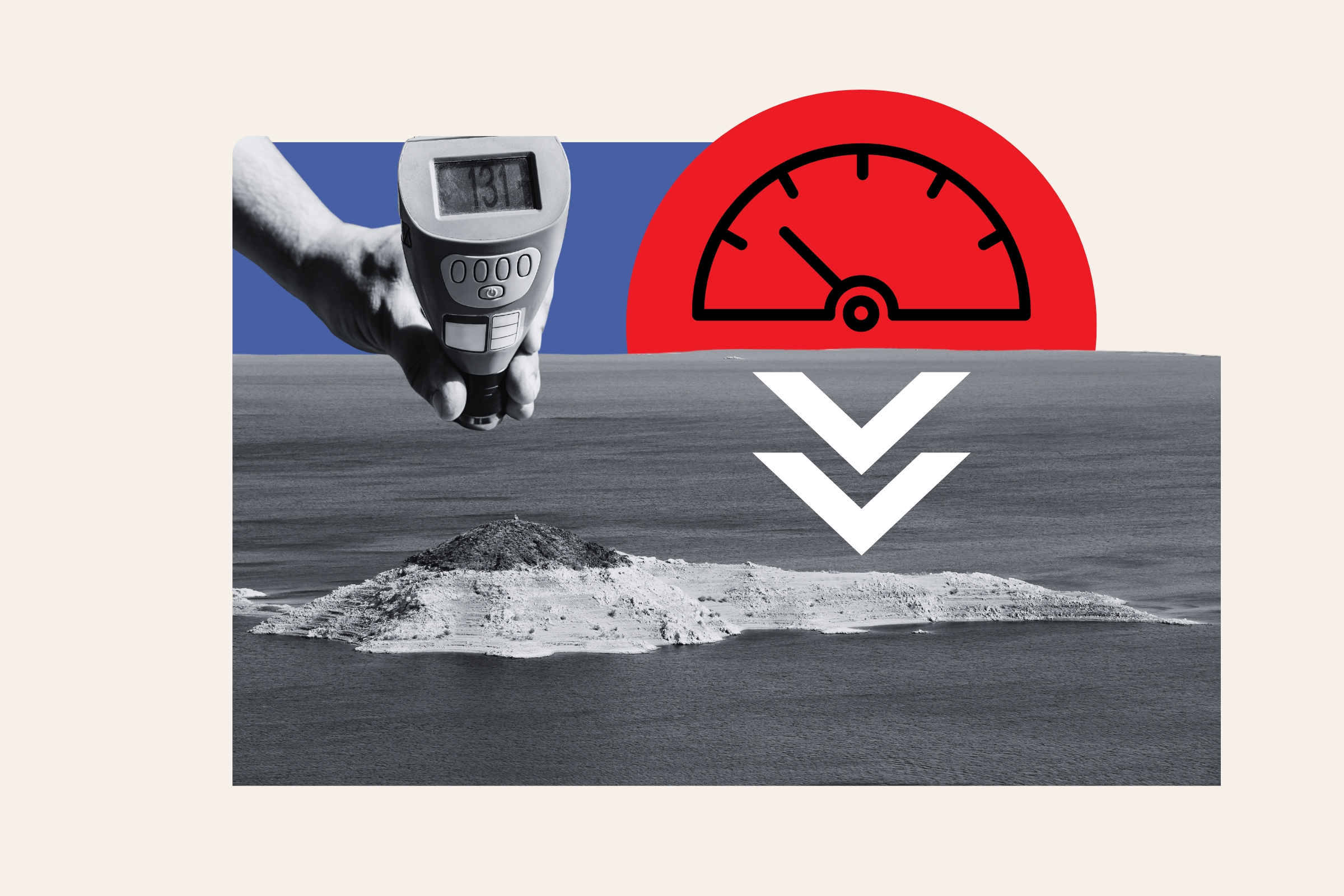California residents have clashed with authorities over the construction of a permanent 257-foot concrete seawall along the coast in Half Moon Bay.
Rising sea levels along the coast of California have threatened to destabilize houses in several areas, with Half Moon Bay being one of the most vulnerable areas. After a storm in 2016, residents requested that the California Coastal Commission construct a seawall to protect the area from further erosion.
However, the commission denied the request, arguing that seawalls could only be used to defend property that was built before the California Coastal Act took effect in 1977.
The homeowners' association subsequently sued the commission and won, only for the commission to appeal the decision, sending it to court in San Fransisco. The court has said it plans to overturn the original ruling, siding with the commission and preventing the seawall from being built, according to local media reports.

Seawalls and other forms of erosion protection cover around 33 percent of the southern California coastline. Seawalls stop bluffs from eroding, but they also prevent beaches from naturally migrating inland, making much of the coast less accessible.
This has led to campaign groups such as the Surfrider Foundation campaigning against the construction of seawalls along the coast, as they argue that they will reduce Californians' access to the ocean for recreation.
The Surfrider San Diego branch opposed the homeowners' proposal to build the seawall, saying it wanted to stop the "seawall precedent" from expanding further.
In November, a 3,200-foot-long wall built along the San Fransisco coastline was met with opposition, with a spokesperson for Surfrider saying: "Every time a seawall is approved it increases the likelihood that more seawalls will be approved and the more we guarantee the loss of our beaches."
Newsweek contacted the California Coastal Commission, as well as the Surfrider Foundation, for comment on the proceedings via email outside of normal working hours.
A final ruling on the issue will be made after a Dec. 11 hearing, the San Diego Reader reported.
Concerns over rising sea levels along the West Coast have increased recently due to extended bouts of extreme weather. Last month, a bomb cyclone brought dangerous weather conditions across the Pacific Northwest, causing power outages for more than half a million residents and killing at least two people.
Lake Oroville, the state's second-largest reservoir, saw a huge increase in water, reporting a nearly 18-foot increase, after several atmospheric rivers passed over California in November.
Do you have a story we should be covering? Do you have any questions about this story? Contact LiveNews@newsweek.com.






.png)













 English (US) ·
English (US) ·